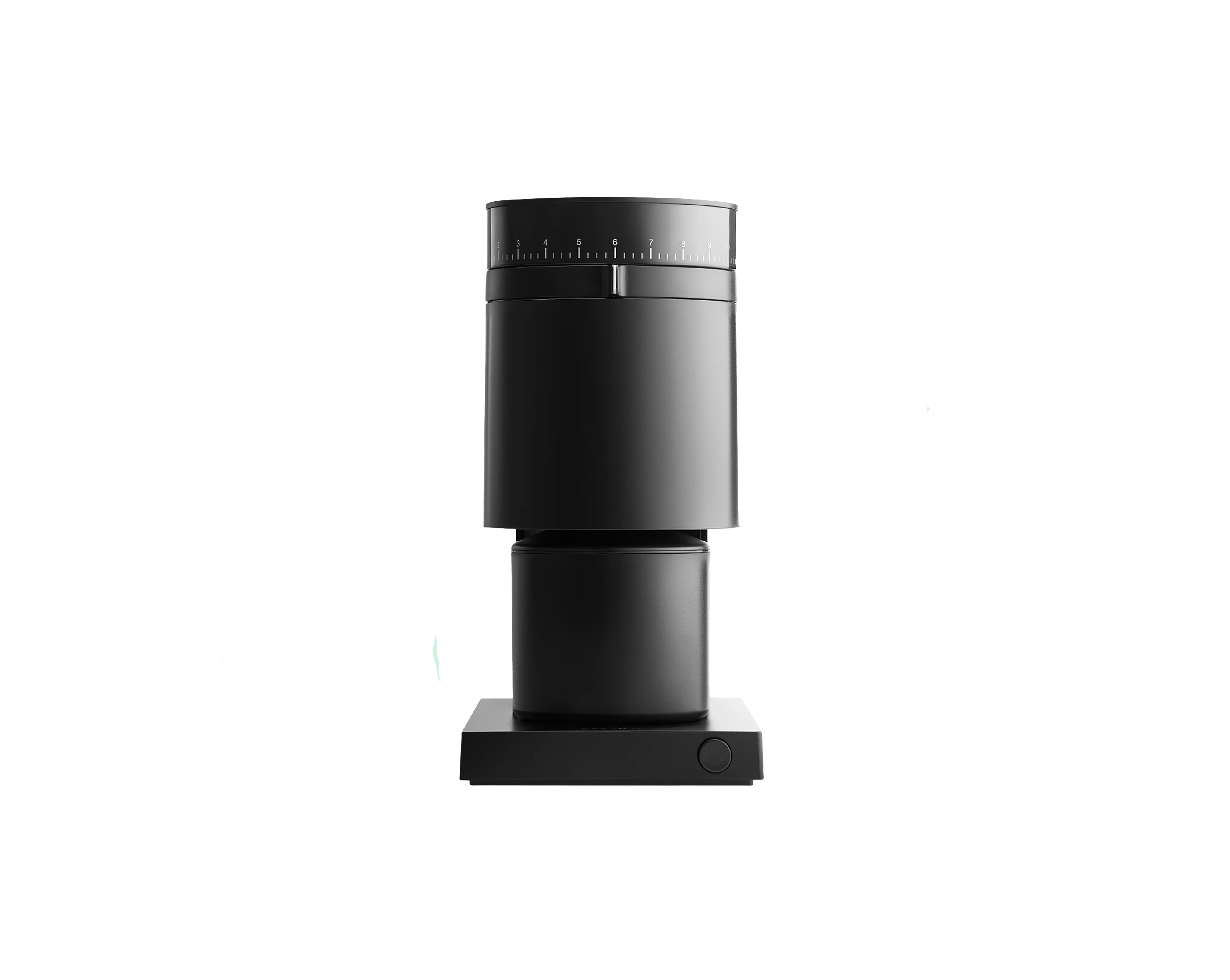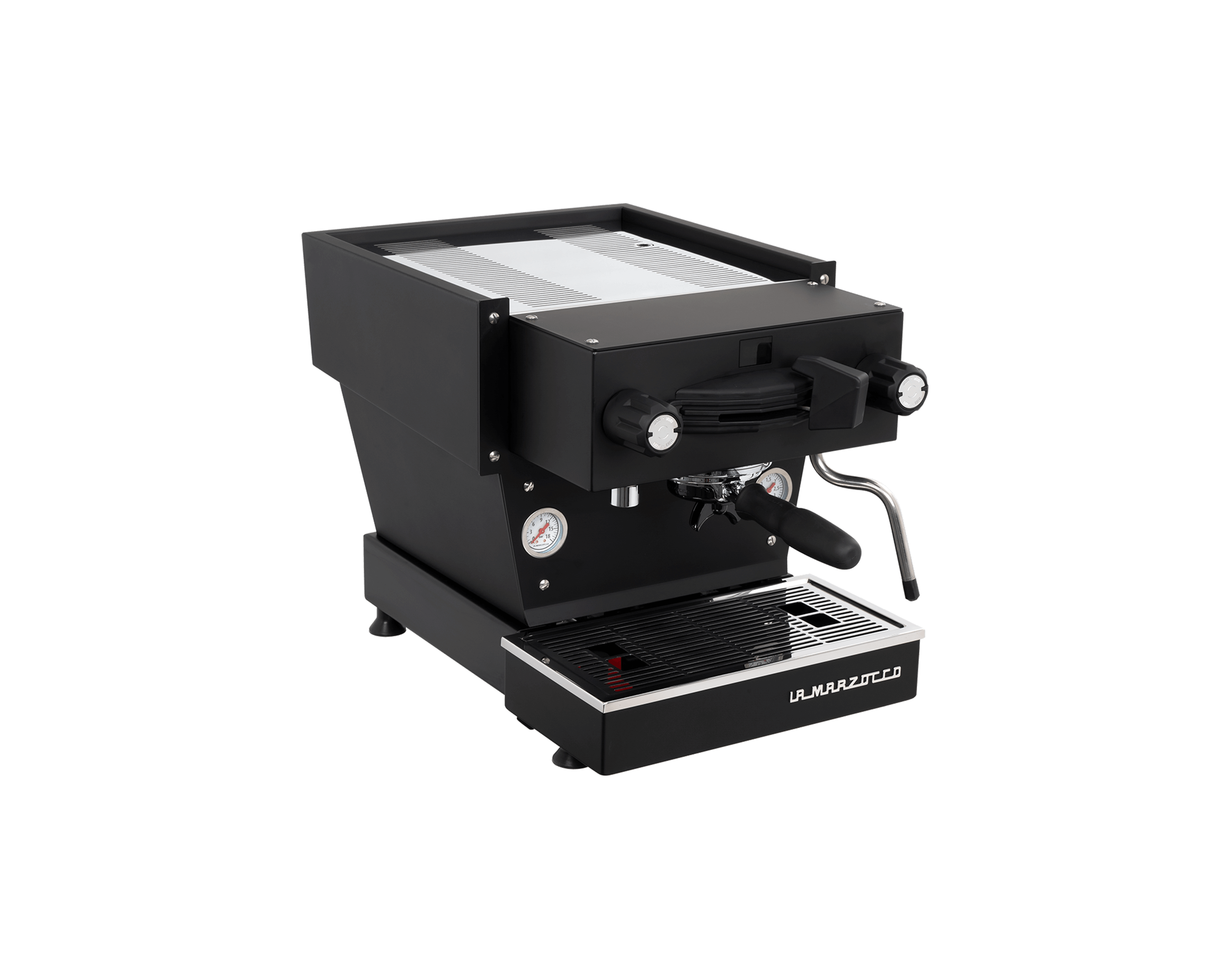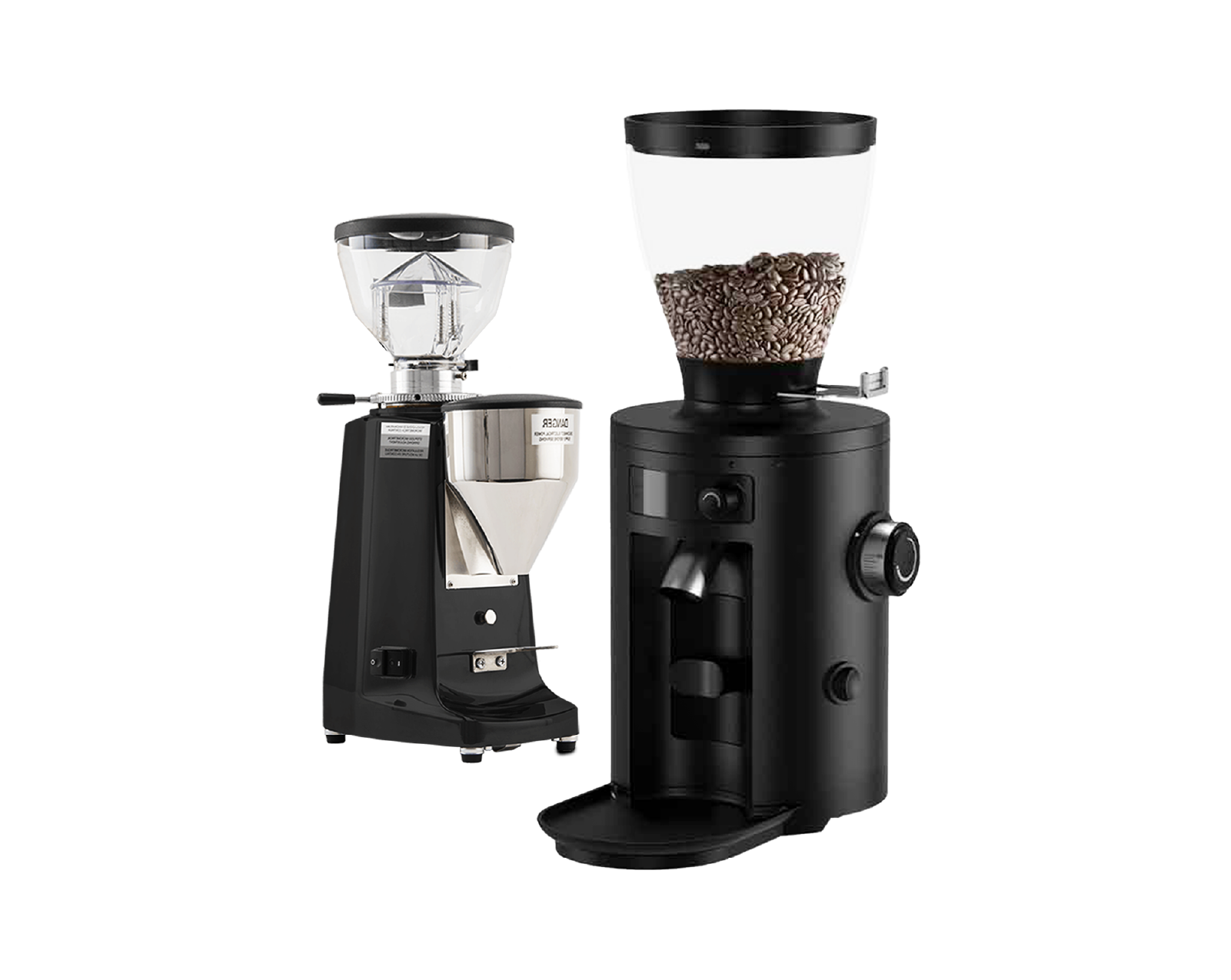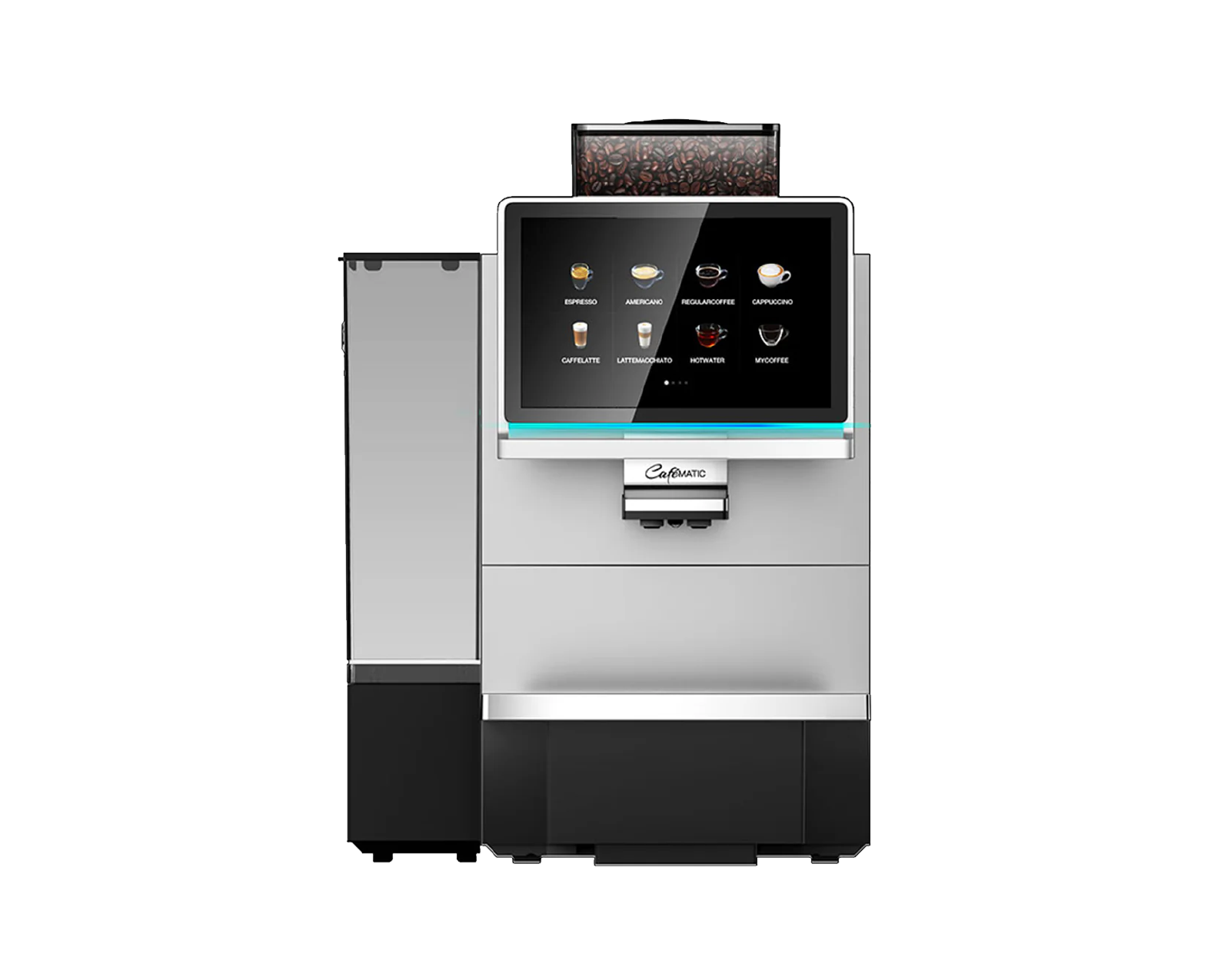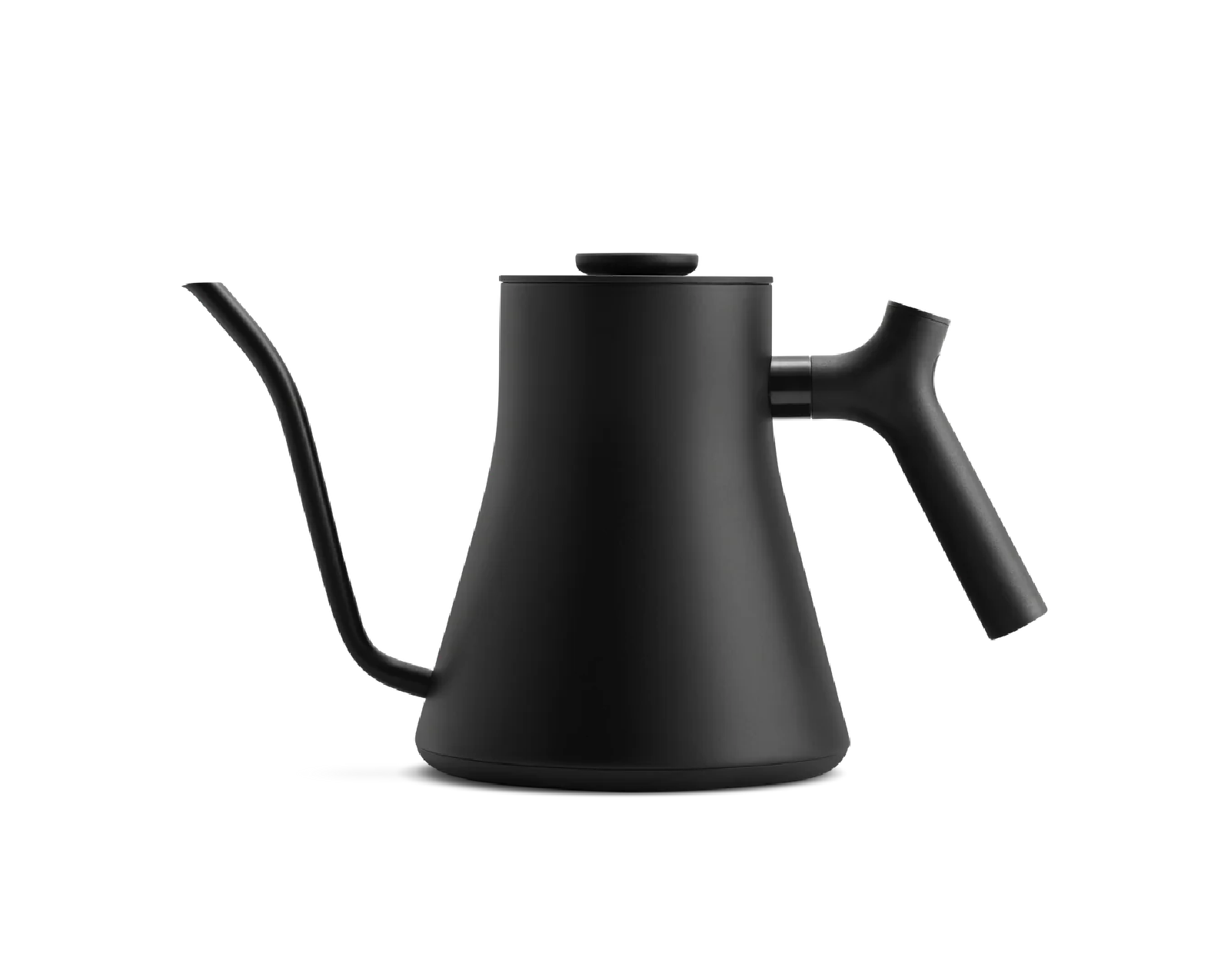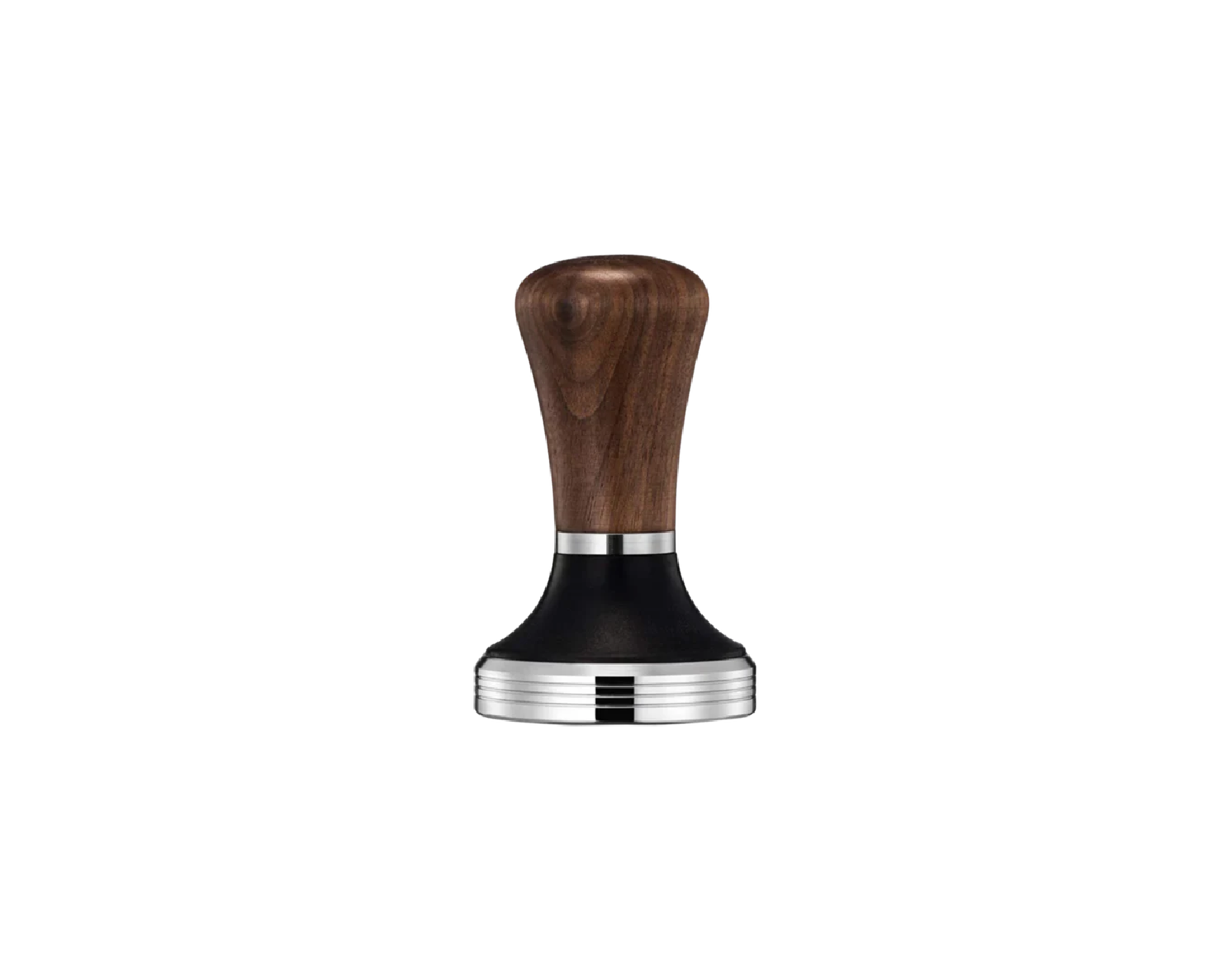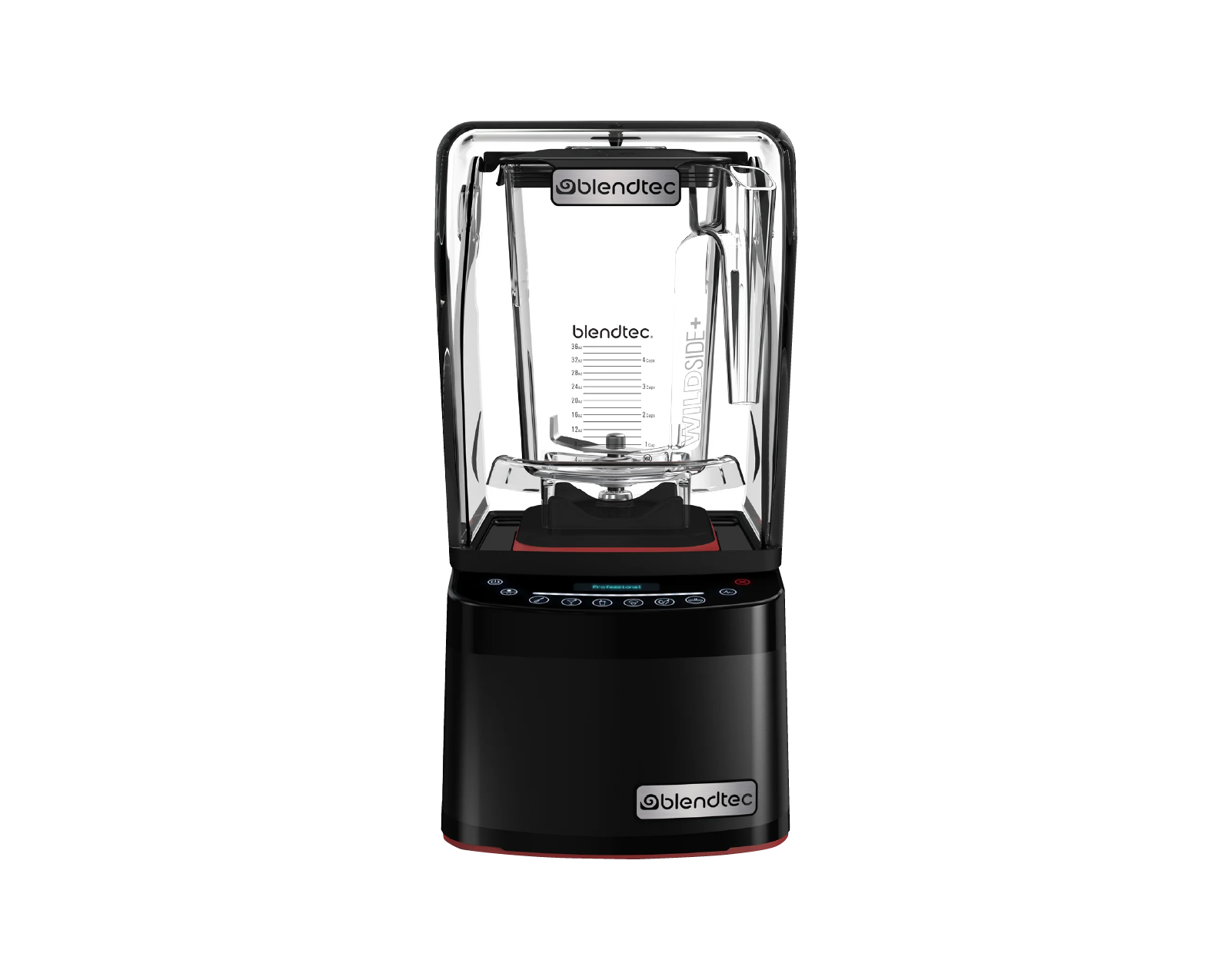The Art of Brewing: Unveiling the Secrets of Specialty Coffee
Attention coffee enthusiasts! Get ready to embark on a journey into the captivating realm of specialty coffee. In this article, we will unravel the secrets behind the art of brewing that perfect cup of joe. Whether you're a seasoned coffee aficionado or someone looking to elevate their coffee experience, this deep dive into the world of specialty coffee will leave you craving for more.
Specialty coffee is no ordinary cup of coffee. It is a labor of love, a meticulous craft that combines expertise, passion, and innovation. From the sourcing of the finest beans to the delicate process of roasting and brewing, every step is an art form in itself. Join us as we explore the origins of specialty coffee, delve into the various brewing methods, and uncover the science behind extracting the optimal flavors.
With a vast array of flavors, aromas, and brewing techniques, specialty coffee offers endless possibilities for exploration and enjoyment. Whether you prefer the boldness of a dark roast or the delicate nuances of a single-origin pour-over, there is a specialty coffee for everyone's discerning palate.
So grab your favorite mug and join us as we unlock the secrets of specialty coffee, one brew at a time. Get ready to savor every sip and take your coffee appreciation to new heights.
The history and origins of specialty coffee
Coffee has been a beloved beverage for centuries, with its origins tracing back to the ancient coffee forests of Ethiopia. The story of specialty coffee, however, is one that has unfolded more recently, driven by a growing appreciation for the complexities and nuances of this remarkable drink.
In the early 20th century, a shift began to take place as coffee enthusiasts and connoisseurs started to recognize the vast differences in flavor, aroma, and quality between various coffee beans and growing regions. This newfound awareness paved the way for the emergence of specialty coffee, a movement that sought to celebrate the unique characteristics and provenance of high-quality coffee.
The pioneers of specialty coffee were passionate individuals who dedicated themselves to sourcing the finest beans, perfecting roasting techniques, and developing innovative brewing methods. They recognized that coffee was not just a commodity, but a product that could be elevated to an art form, with each cup revealing a symphony of flavors and aromas.
As the specialty coffee movement gained momentum, it spread from its humble beginnings in the United States and Europe to various corners of the globe. Today, specialty coffee has become a global phenomenon, with coffee-producing countries embracing the pursuit of excellence and coffee enthusiasts worldwide exploring the rich tapestry of this remarkable beverage.
What sets specialty coffee apart from regular coffee
The defining characteristic of specialty coffee is its exceptional quality, which sets it apart from the mass-produced, commodity-grade coffee that has long dominated the market. Specialty coffee is the result of meticulous attention to detail at every stage of the production process, from the careful selection of coffee beans to the precise roasting and brewing methods.
One of the primary factors that distinguishes specialty coffee is the origin and provenance of the beans. Specialty coffee is typically sourced from specific coffee-growing regions, often from small farms or cooperatives, where the climate, soil, and cultivation practices contribute to the development of unique flavor profiles. These single-origin or micro-lot coffees are prized for their distinct characteristics, which can range from delicate floral notes to bold, earthy undertones.
Another key aspect of specialty coffee is the emphasis on freshness. Specialty coffee roasters and baristas understand that the flavor and aroma of coffee can be greatly diminished by stale or improperly stored beans. As a result, specialty coffee is often roasted and consumed within a matter of weeks, ensuring that the drinker experiences the full vibrancy and complexity of the coffee's flavor.
Additionally, specialty coffee is characterized by its attention to detail in every aspect of the production process. From the careful selection of coffee cherries to the precise control of roasting temperatures and brewing parameters, specialty coffee professionals strive to extract the optimal flavors and aromas from the beans. This dedication to quality and craftsmanship is what sets specialty coffee apart from its mass-produced counterparts.
The process of brewing specialty coffee
Brewing specialty coffee is an art form in itself, requiring a deep understanding of the various factors that contribute to the final cup. The process of brewing specialty coffee involves a series of carefully orchestrated steps, each of which plays a crucial role in unlocking the full potential of the beans.
At the heart of the brewing process is the concept of extraction, which refers to the process of transferring the soluble compounds from the coffee grounds into the water. The goal of brewing specialty coffee is to achieve a balanced and harmonious extraction, where the desired flavors, aromas, and body are extracted in the right proportions.
To achieve this, specialty coffee brewers meticulously control factors such as water temperature, water-to-coffee ratio, grind size, and brew time. Each of these variables can have a significant impact on the final flavor profile of the coffee, and specialty coffee professionals are adept at fine-tuning these parameters to create the perfect cup.
Beyond the technical aspects of brewing, specialty coffee also places a strong emphasis on the quality of the water used. The mineral content, pH, and temperature of the water can all affect the extraction process and the overall taste of the coffee. Specialty coffee enthusiasts often invest in water filtration systems or use specific water recipes to ensure that the water used for brewing is of the highest quality.
The brewing process itself can take on various forms, from the traditional pour-over method to the more modern techniques of espresso and cold brew. Each brewing method has its own unique characteristics and advantages, and specialty coffee drinkers often explore and experiment with different approaches to find the one that best suits their personal preferences.
Common brewing methods for specialty coffee
Specialty coffee offers a diverse array of brewing methods, each with its own unique characteristics and advantages. As coffee enthusiasts seek to unlock the full potential of their beans, they often explore and experiment with different brewing techniques to find the one that best suits their taste preferences.
One of the most iconic and widely recognized brewing methods for specialty coffee is the pour-over. This manual brewing method involves slowly pouring hot water over a bed of freshly ground coffee, allowing the water to slowly percolate through the grounds and into the waiting carafe or cup. The pour-over method is prized for its ability to produce a clean, balanced, and nuanced cup of coffee, with the brewer able to precisely control the extraction process.
Another popular brewing method in the specialty coffee world is the French press, also known as a cafetière. This immersion-style brewing method involves steeping the coffee grounds in hot water for a set period of time before pressing down a plunger to separate the grounds from the brewed liquid. The French press is known for its robust body and full-bodied mouthfeel, making it a favorite among those who enjoy a more intense and bold coffee experience.
Espresso, the foundation of many beloved coffee drinks, is also a crucial component of the specialty coffee landscape. Specialty coffee baristas have mastered the art of pulling a perfect shot of espresso, with its thick, syrupy texture and complex flavor profile. The espresso brewing process involves forcing hot water under pressure through a compact bed of finely ground coffee, resulting in a concentrated and intensely flavorful liquid.
In recent years, the rise of cold brew coffee has also captured the attention of specialty coffee enthusiasts. This method involves steeping coarsely ground coffee in cold or room-temperature water for an extended period, typically 12 to 24 hours. The result is a smooth, low-acidity coffee with a naturally sweet and complex flavor profile, making it a refreshing and versatile choice for coffee drinkers.
Factors that affect the taste of specialty coffee
The taste of specialty coffee is a complex and multifaceted experience, influenced by a myriad of factors that come into play at every stage of the coffee's journey. From the origin and cultivation of the beans to the precise brewing methods employed, each element contributes to the final flavor profile that is experienced in the cup.
One of the primary factors that shape the taste of specialty coffee is the origin and terroir of the beans. Coffee-growing regions around the world offer a diverse array of microclimates, soil compositions, and elevation levels, all of which can impart unique characteristics to the coffee beans. For example, coffee grown in the high-altitude regions of East Africa may exhibit bright, fruit-forward flavors, while those from the volcanic soils of Central America may showcase more earthy and chocolatey notes.
The processing method used to prepare the coffee beans also plays a crucial role in determining the final taste. Specialty coffee beans are often processed using a variety of techniques, such as washed, natural, or honey processing, each of which can result in distinct flavor profiles. The processing method influences factors like acidity, sweetness, and body, allowing specialty coffee enthusiasts to explore a wide range of taste experiences.
The roasting process is another key factor that shapes the taste of specialty coffee. Specialty coffee roasters carefully control the temperature, duration, and development of the beans during the roasting process, aiming to bring out the best in the coffee's inherent flavors. Light, medium, and dark roasts can all produce vastly different taste profiles, ranging from delicate and nuanced to bold and intense.
Finally, the brewing method and technique employed also have a significant impact on the final taste of specialty coffee. As mentioned earlier, factors like water temperature, grind size, and brew time can all influence the extraction process and the balance of flavors in the cup. Specialty coffee enthusiasts often experiment with different brewing methods to find the one that best suits their personal preferences and the specific characteristics of the coffee beans they are using.
How to choose and store specialty coffee beans
Selecting and storing specialty coffee beans is a crucial aspect of the coffee-drinking experience, as it directly impacts the flavor, aroma, and overall quality of the final brew. As specialty coffee enthusiasts, it is essential to understand the factors that contribute to the selection and proper storage of these precious beans.
When it comes to choosing specialty coffee beans, the first consideration is the origin and provenance of the beans. Specialty coffee is often sourced from specific coffee-growing regions, each with its own unique terroir and cultivation practices. Exploring the diverse flavors and characteristics of single-origin or micro-lot coffees can be a thrilling journey for the discerning coffee drinker.
In addition to the origin, the roast level of the coffee beans is another important factor to consider. Specialty coffee roasters carefully calibrate the roasting process to bring out the best in the beans, resulting in a wide range of roast profiles, from light and delicate to dark and bold. Experimenting with different roast levels can help you discover the flavor profile that resonates most with your personal taste preferences.
Beyond the origin and roast level, it is crucial to consider the freshness of the coffee beans. Specialty coffee is often roasted within a matter of weeks before being consumed, ensuring that the drinker experiences the full vibrancy and complexity of the coffee's flavor. When purchasing specialty coffee, look for roast dates and try to consume the beans within a few weeks of the roast to enjoy the peak of their flavor.
Proper storage is another critical aspect of maintaining the quality of specialty coffee beans. Coffee beans are sensitive to environmental factors such as air, light, and moisture, which can quickly degrade their flavor and aroma. To ensure the longevity of your specialty coffee, store the beans in an airtight container, away from direct sunlight and heat sources. Consider investing in a quality coffee storage container or canister to keep your beans fresh and flavorful.
The importance of water quality in brewing specialty coffee
The quality of the water used in brewing specialty coffee is a crucial, yet often overlooked, factor that can make a significant difference in the final taste of the beverage. While many coffee enthusiasts focus on the selection and roasting of the beans, the importance of water quality cannot be overstated when it comes to extracting the optimal flavors and aromas from the coffee.
Water is the primary component of a cup of coffee, making up 98% or more of the final product. The mineral content, pH, and temperature of the water can all have a profound impact on the extraction process and the overall taste of the coffee. Specialty coffee enthusiasts understand that using high-quality, filtered water is essential for achieving the best possible results.
The mineral content of the water, in particular, plays a crucial role in the extraction process. Certain minerals, such as calcium and magnesium, can help to facilitate the extraction of desirable compounds from the coffee grounds, leading to a more balanced and harmonious flavor profile. Conversely, water with low mineral content or high levels of impurities can result in a flat, lifeless cup of coffee.
The pH level of the water is another important factor to consider. Specialty coffee is typically brewed with water that has a slightly acidic pH, typically between 6.5 and 7.5. This pH range helps to extract the optimal balance of acids, sugars, and other compounds from the coffee, resulting in a more vibrant and complex flavor.
Temperature is also a critical factor in the brewing process. Specialty coffee is typically brewed with water that is between 195°F and 205°F (91°C and 96°C). This temperature range allows for the efficient extraction of the coffee's soluble compounds, while avoiding the bitterness and astringency that can result from over-extraction.
By paying close attention to the quality of the water used in brewing specialty coffee, coffee enthusiasts can ensure that the full potential of the beans is unlocked, resulting in a truly exceptional and memorable cup of coffee. Investing in a quality water filtration system or using specific water recipes can be a game-changer for those seeking to elevate their coffee experience.
Exploring different flavor profiles in specialty coffee
The world of specialty coffee is a veritable treasure trove of diverse and captivating flavor profiles, each one offering a unique sensory experience for the discerning coffee drinker. From the delicate floral notes of an Ethiopian single-origin to the rich, chocolatey depths of a Central American blend, the possibilities for exploration are endless.
One of the joys of engaging with specialty coffee is the opportunity to discover the nuanced and complex flavors that can be found within a single cup. Coffee enthusiasts often describe the experience of tasting specialty coffee as akin to wine tasting, with a multitude of subtle notes and aromas to savor and appreciate.
For example, specialty coffee from the Yirgacheffe region of Ethiopia is renowned for its bright, floral, and citrusy flavor profile, with hints of jasmine, bergamot, and ripe stone fruit. In contrast, coffee from the Kona region of Hawaii may exhibit a more balanced and mellow character, with notes of caramel, toasted nuts, and a smooth, creamy mouthfeel.
Beyond the distinct regional flavors, specialty coffee can also showcase a wide range of roast profiles, each one revealing a unique set of characteristics. Light roasts, for instance, often showcase the delicate nuances of the coffee's origin, with flavors that can range from delicate floral notes to vibrant fruit-forward acidity. Medium roasts, on the other hand, may offer a more balanced and approachable flavor profile, with a harmonious blend of sweetness, acidity, and body.
Exploring the diverse flavor profiles of specialty coffee can be a truly rewarding and enlightening experience. By engaging with the unique characteristics of different origins, processing methods, and roast levels, coffee enthusiasts can embark on a journey of sensory discovery, uncovering new and unexpected flavor combinations that delight the palate and expand their understanding of this remarkable beverage.
Conclusion: The joy of experiencing specialty coffee
As we've explored the captivating world of specialty coffee, it's clear that this extraordinary beverage is so much more than just a morning pick-me-up. It is a labor of love, a meticulous craft that combines expertise, passion, and innovation – all in the pursuit of crafting the perfect cup.
From the rich history and origins of specialty coffee to the diverse array of brewing methods and flavor profiles, each aspect of this remarkable journey offers a unique opportunity for exploration and enjoyment. Whether you're a seasoned coffee aficionado or someone new to the specialty coffee scene, the joy of experiencing this beverage is one that transcends the boundaries of mere consumption.
As we delve deeper into the secrets of specialty coffee, we uncover a world of nuance and complexity that challenges us to engage with our senses in new and exciting ways. The act of brewing and tasting specialty coffee becomes a mindful and immersive experience, one that invites us to slow down, savor each sip, and appreciate the artistry and craftsmanship that goes into every cup.
Ultimately, the joy of experiencing specialty coffee lies in the opportunity to connect with the rich cultural, social, and environmental tapestry that surrounds this remarkable beverage. From the coffee farmers and roasters who pour their hearts into their work to the passionate baristas who meticulously craft each cup, the specialty coffee experience is one that celebrates the human element and the shared passion for exceptional quality and flavor.
So, whether you're sipping a delicate pour-over, savoring a bold espresso, or indulging in a refreshing cold brew, let the joy of specialty coffee transport you to new realms of sensory delight. Embrace the exploration, savor the nuances, and revel in the knowledge that with every sip, you are partaking in a centuries-old tradition that continues to captivate and inspire coffee enthusiasts around the world.



